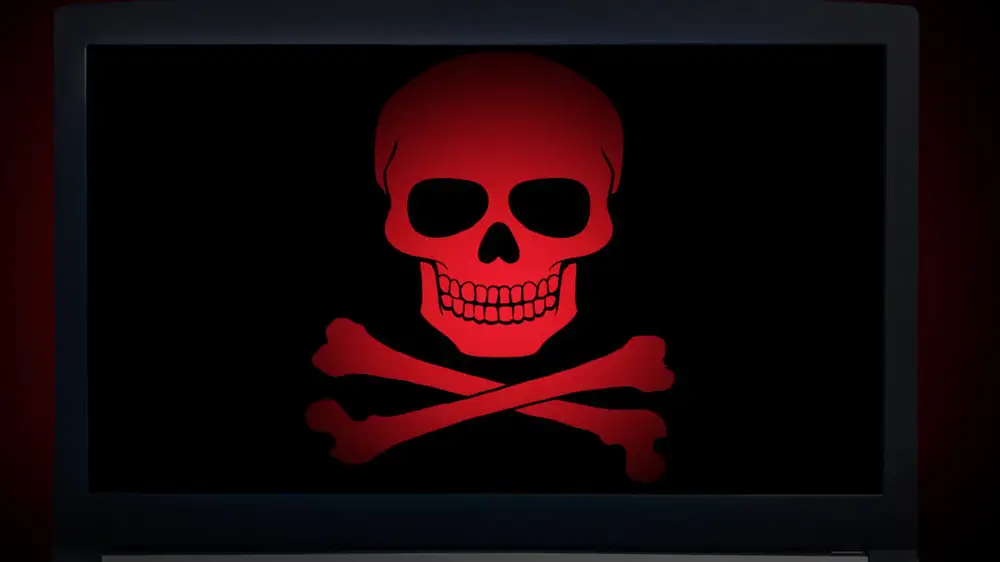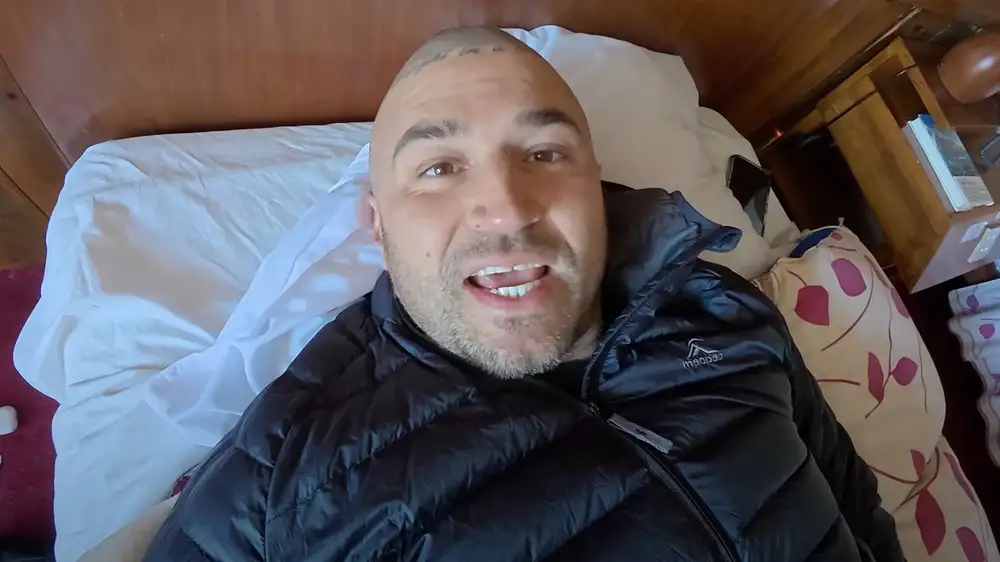The Supreme Court has agreed to hear a case that could determine whether Internet service providers must terminate users who are accused of copyright infringement.
In a list of orders released today, the court granted a petition filed by cable company Cox. The ISP, which was sued by Sony Music Entertainment, is trying to overturn a ruling that it is liable for copyright infringement because it failed to terminate users accused of piracy. Music companies want ISPs to disconnect users whose IP addresses are repeatedly connected to torrent downloads.
"We are pleased the US Supreme Court has decided to address these significant copyright issues that could jeopardize Internet access for all Americans and fundamentally change how Internet service providers manage their networks," Cox said today.
Cox was once on the hook for $1 billion in the case. In February 2024, the 4th Circuit court of appeals overturned the $1 billion verdict, deciding that Cox did not profit directly from copyright infringement committed by users. But the appeals court found that Cox was guilty of willful contributory infringement and ordered a new damages trial.
The Cox petition asks the Supreme Court to decide whether an ISP "can be held liable for 'materially contributing' to copyright infringement merely because it knew that people were using certain accounts to infringe and did not terminate access, without proof that the service provider affirmatively fostered infringement or otherwise intended to promote it."
Trump admin backed Cox; Sony petition denied
The Trump administration backed Cox last month, saying that ISPs shouldn't be forced to terminate the accounts of people accused of piracy. Solicitor General John Sauer told the court in a brief that the 4th Circuit decision, if not overturned, "subjects ISPs to potential liability for all acts of copyright infringement committed by particular subscribers as long as the music industry sends notices alleging past instances of infringement by those subscribers" and "might encourage providers to avoid substantial monetary liability by terminating subscribers after receiving a single notice of alleged infringement."
Cox and Sony both filed petitions with the Supreme Court since neither was fully satisfied with the outcome at the 4th Circuit appeals court. The Supreme Court denied Sony's petition in today's list of orders.
Sony's rejected petition asked the Supreme Court to decide whether "the profit requirement of vicarious copyright infringement permits liability where the defendant expects commercial gain from the enterprise in which infringement occurs... or whether the profit requirement of vicarious copyright infringement permits liability only where the defendant expects commercial gain from the act of infringement itself."
As we've previously written, Cox has said that letting the piracy ruling stand "would force ISPs to terminate Internet service to households or businesses based on unproven allegations of infringing activity and put them in a position of having to police their networks."
Copyright holders hire services that use bots to monitor file-sharing networks and send ISPs millions of notices a year alleging infringement by someone at a particular IP address, Cox told the Supreme Court. Cox said that ISPs "have no way of verifying whether a bot-generated notice is accurate" and that even if the notices are accurate, terminating an account would punish every user in a household where only one person may have illegally downloaded copyrighted files.
The Cox/Sony case is one of numerous lawsuits filed by major record labels against ISPs. In one case, the conservative-leaning US Court of Appeals for the 5th Circuit ruled in October 2024 that Grande Communications should have terminated Internet users accused of piracy. Another case ended a month ago when Internet service provider Frontier Communications reached an undisclosed settlement with Universal, Sony, and Warner.

 Test booster Artemis: l'ugello esplode in diretta video
Test booster Artemis: l'ugello esplode in diretta video